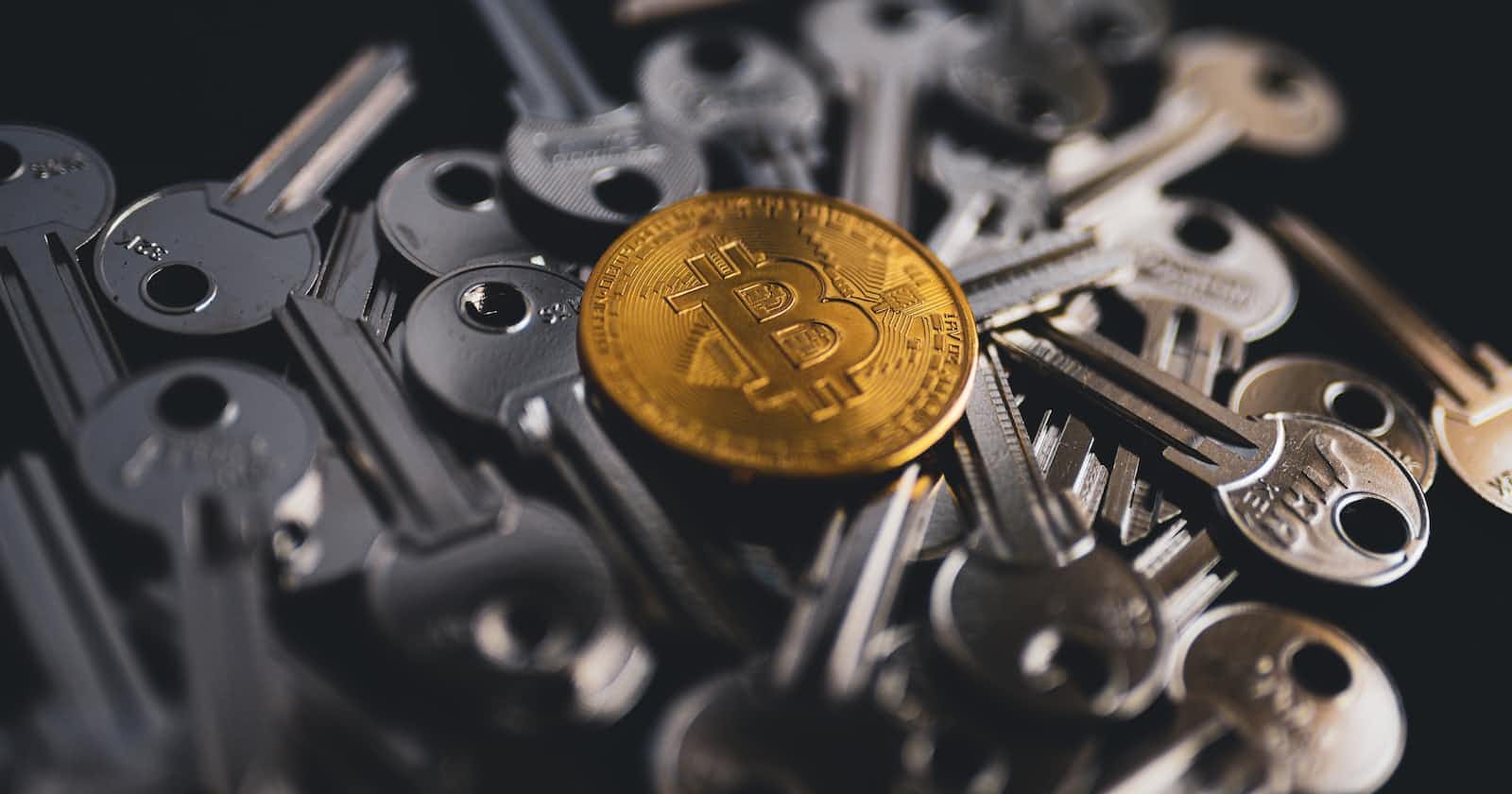The distributed ledger technology known as blockchain has been causing a stir in the FinTech world for a few years now. Proponents say that blockchain will revolutionize the financial industry, making it more secure, transparent and efficient. However, there are also those who have doubts about the viability of blockchain and whether it will really be able to live up to the hype. Let’s take a look at the arguments for and against blockchain.
The good
- Increased security
One of the big selling points of blockchain is that it is much more secure than traditional centralised databases. This is because a blockchain is distributed across a network of computers, known as nodes, and each node has a copy of the entire blockchain. In order for a hacker to tamper with the blockchain, they would need to hack into every single node, which is virtually impossible.
- Transparent and tamper-proof
Another benefit of blockchain is that it is transparent and tamper-proof. Because every transaction is recorded on the blockchain and each node has a copy of the blockchain, it is not possible to change or delete any transaction that has been recorded on the blockchain. This makes it an ideal platform for recording and storing sensitive data such as financial transactions.
- Faster and cheaper transactions
Blockchain also has the potential to make transactions faster and cheaper. Because there is no need for a central authority to verify or approve transactions, they can be processed much quicker. And because blockchain transactions are peer-to-peer, there are no middlemen taking a cut of the transaction fee.
The bad
- Scalability issues
One of the biggest criticisms of blockchain is that it is not scalable. At the moment, the Bitcoin blockchain can only handle around seven transactions per second. In comparison, Visa can handle around 24,000 transactions per second. This scalability issue is one of the main obstacles that needs to be overcome if blockchain is going to be used for mainstream financial transactions.
- Energy intensive
Another criticism of blockchain is that it is energy intensive. The process of ‘mining’ new Bitcoin requires a lot of energy, which is why it is not very environmentally friendly. In fact, one study found that the electricity used to mine Bitcoin could power 3.7 million homes in the US.
- Not yet proven
Finally, it is worth noting that blockchain is still a relatively new technology and it has not yet been proven on a large scale. While there are many pilot projects and test cases, we have yet to see a major blockchain project that has been successfully implemented. This could change in the future, but for now, blockchain remains unproven.


